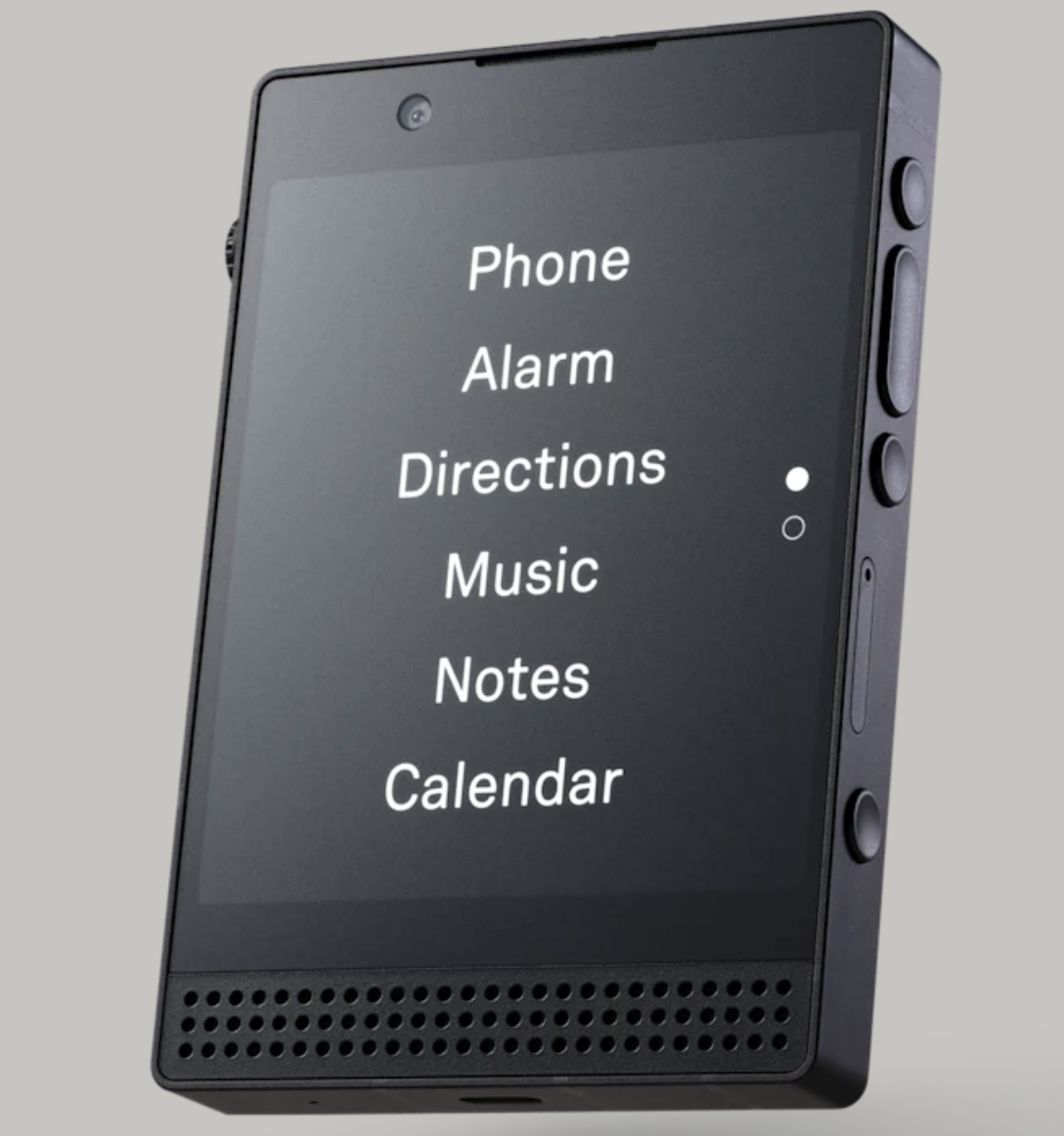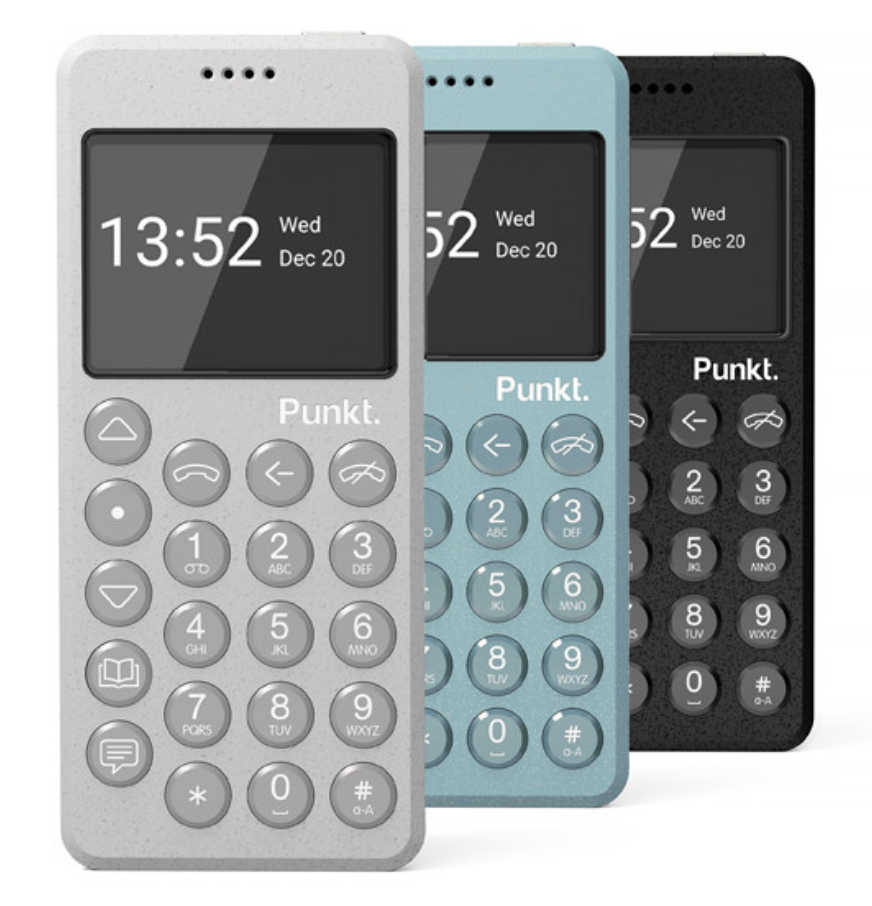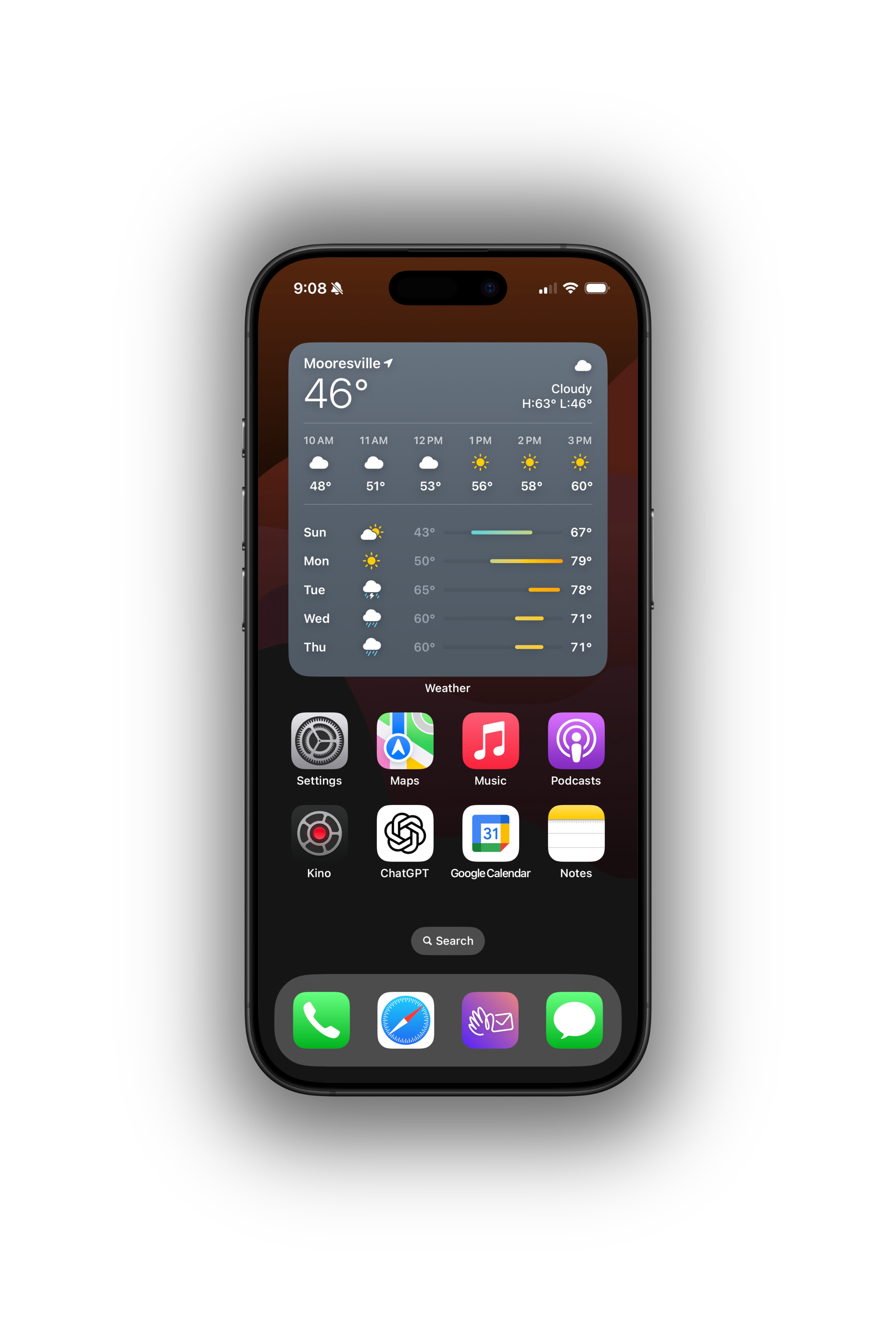Seeking Balance Without Going "Dumb"
Why I'm sticking with my iPhone despite the appeal of "dumbphones"

As much as I would like to embrace "dumbphones" – which some call "intentional" phones – I haven't found a way to fit them into my life. I've had my eye on the Light Phone III since it was announced. It's matte OLED screen, incredible design, and underlying philosophy of "going light" speak to my desire for digital minimalism. The Punkt MP02 is even simpler, offering only calling and messaging (both SMS and Signal). It's also beautifully-designed, featuring a look straight out of the 1990s or early 2000s. (Does anyone else remember T9 texting?!)

Unfortunately, I can't find a way to move forward with either of these devices on a regular basis. Replacing my smartphone (an iPhone 16 Pro) is out of the question. I receive way too many Apple Messages from family, friends, and customers. I need email on the go when I'm traveling the state for work. Plus, I use a variety of apps for critical business functions (e.g., banking, scanning documents, adding to-dos to Notes, driving directions, creating calendar invites with Google Meet links). It's worth noting that the Light Phone III has maps functionality, but early reviews suggest it's lacking basic features such as copying and pasting addresses from a message into the maps app.

Could I use one of these phones as a second device? Something for nights and weekends? I wish that I could, but this would make me feel like I'm placing a burden on others. Sure, I can forward calls from my iPhone to another device, but the same can't be said for Messages. I'm at a stage in life where Messages are simply too important to miss. I'm nearly forty, and my wife and I have two young kids. Our parents, fortunately, are all alive, but they're also approaching or in their 70s. Missing a critical message just isn't an option right now.
Part of me wishes I had a lifestyle, both professionally and personally, that allowed me to unplug from the smartphone world, but this is more theoretical than practical for me. Without a doubt, these devices bring significant value to many. That's why there's a market for them after all. Full-time writers and artists come to mind. Or people who work primarily with their hands. But as a "knowledge worker," I think I would just fall behind, likely to miss important opportunities as well as questions about invoices and projects.
At the same time, I don't want to be a dad that scrolls mindlessly while his first grader and fourth grader want to play. I don't want to feed the anxiety beast that awakens every time I search for the latest news or social media posts. And I don't want to stare at a screen for literally days of my life when experiences with other people – especially outside – are so much richer.
So, I've landed on the following compromise with myself. I'll keep using my iPhone, but I'll pare down the apps I allow to be installed. Core communications are a must: Phone, Messages, HEY Email, and Google Calendar. Navigation and the activities that often accompany traveling are necessary, too: Maps, Podcasts, Weather, and Music. Business functions are essential: banking apps, notes, Safari, and ChatGPT. I also have Kino, a video recording app with film-like presets, to record memories.
Everything else can wait until I'm at my computer. I don't need social media, Amazon, and YouTube on the go. Here's my home screen:

In a world with so many distractions and, arguably, an attention crisis, I deeply empathize with the desire for less. Our world is rapidly changing, our politics are divisive and unpredictable, and our current online economic model is built on views, clicks, and purchases. Experts at some of the largest companies in the world have devised ingenious, algorithmically-driven ways to keep our eyes glued to our screens while subtly persuading us to open our wallets. In other words, the compulsion to know what's going on and to see the latest consumer goods and services is deeply ingrained in our cultural habits.
Many – if not most – of us do not need to completely disengage from the world of smart devices to resist this onslaught of information and advertising. The challenge is finding a balance: one that empowers us to leverage the truly useful aspects of smart devices, the Internet, and artificial intelligence without succumbing to its most destructive and pernicious designs.
That's why I'm sticking with my iPhone for now. Does this rely on some self-control and amount of will not to download X and see what world leaders just posted? Yes. Does this mean I won't know about viral memes and trends right away? Definitely. But will a simplified use of my iPhone still allow me to be an effective leader at work and role model at home? I certainly hope so.